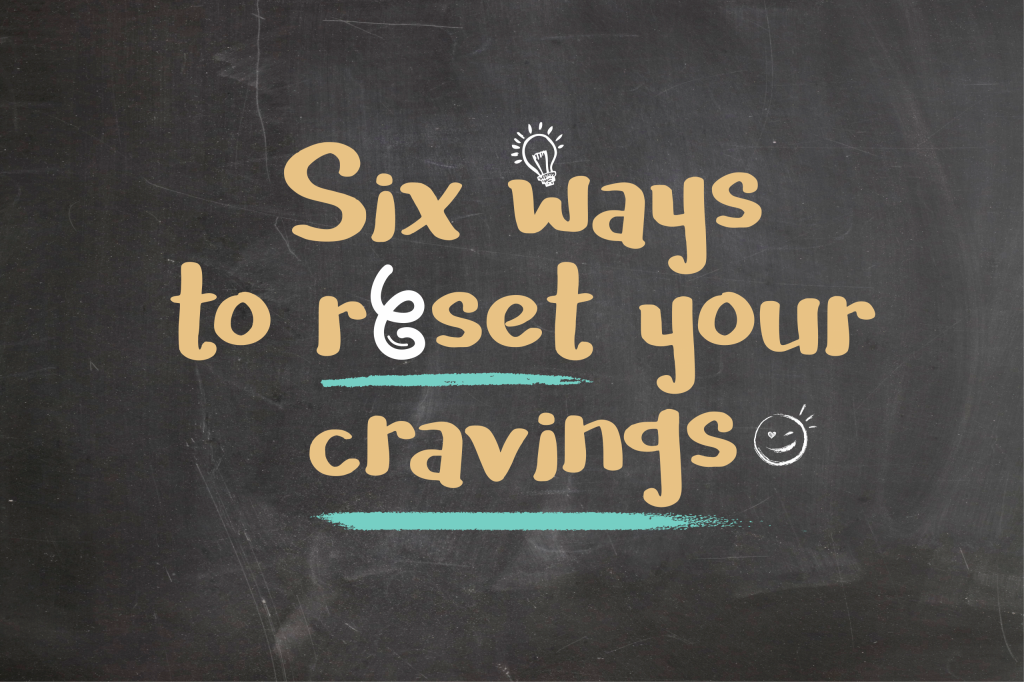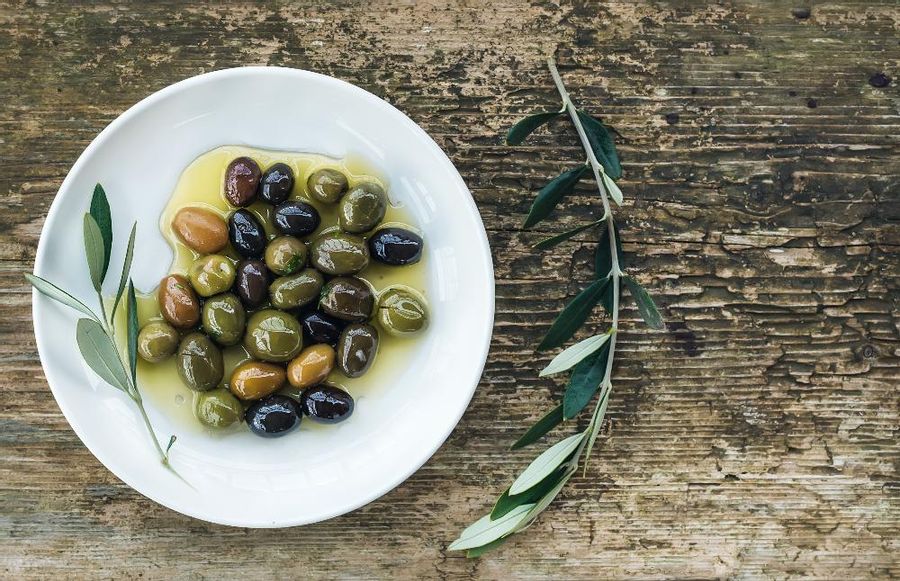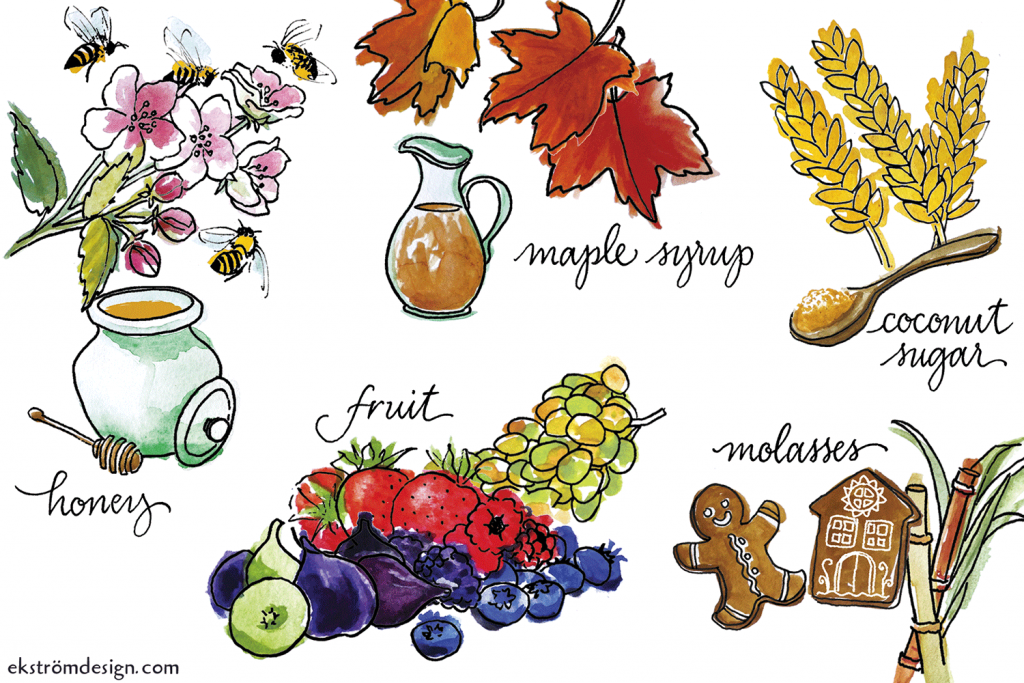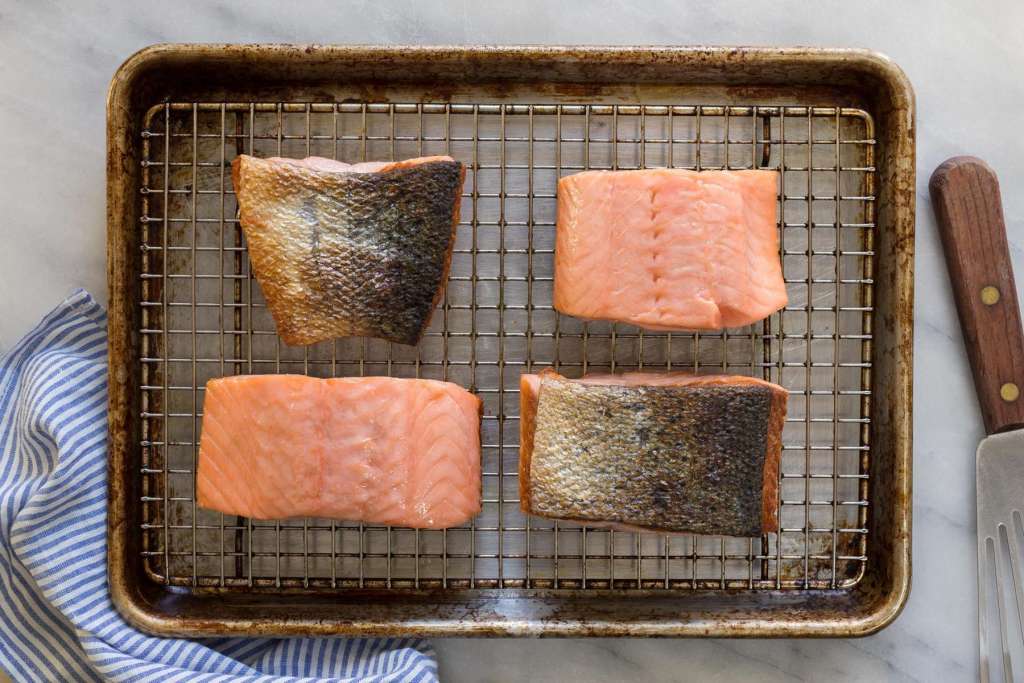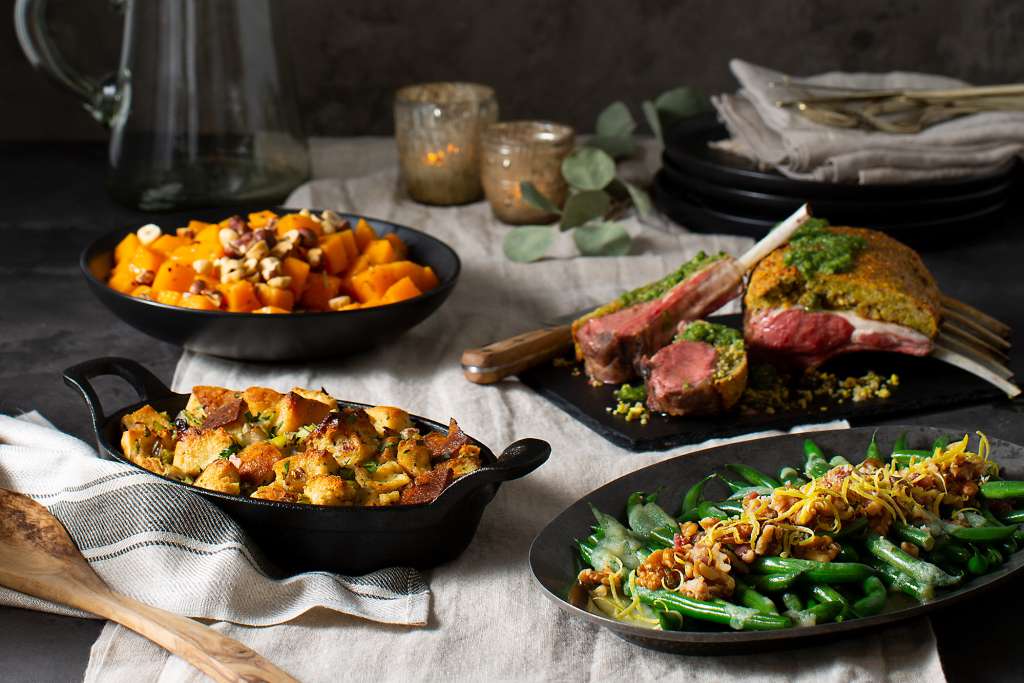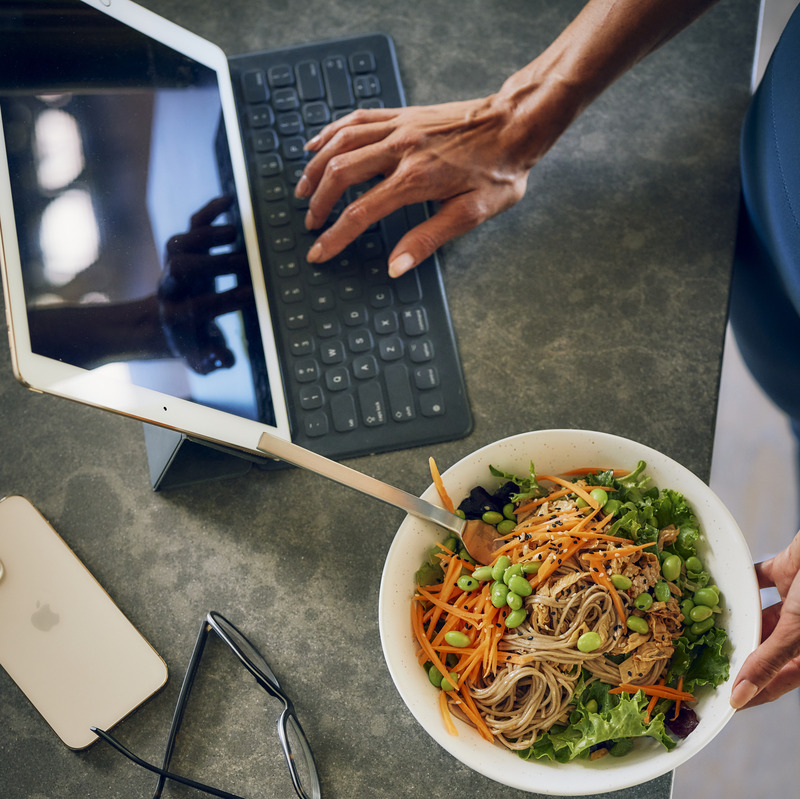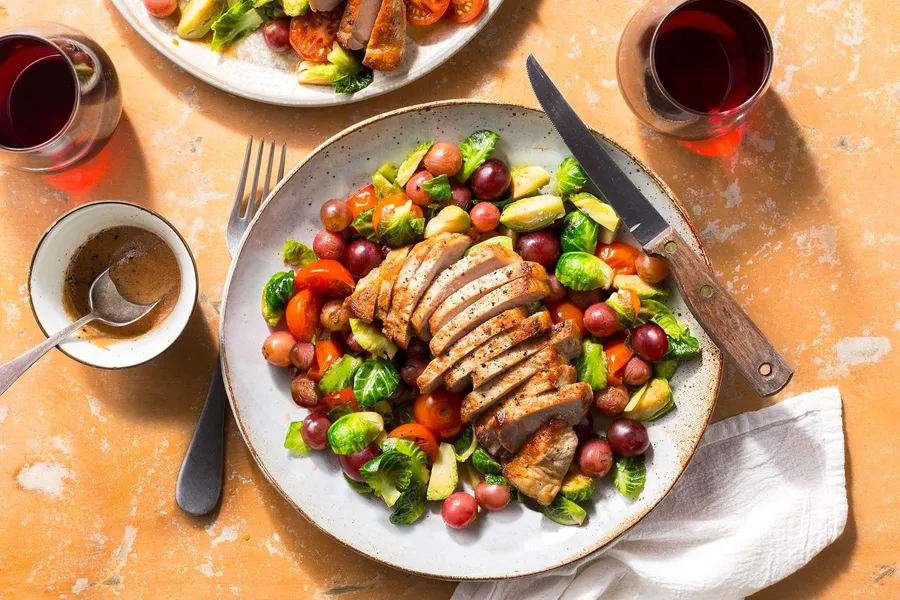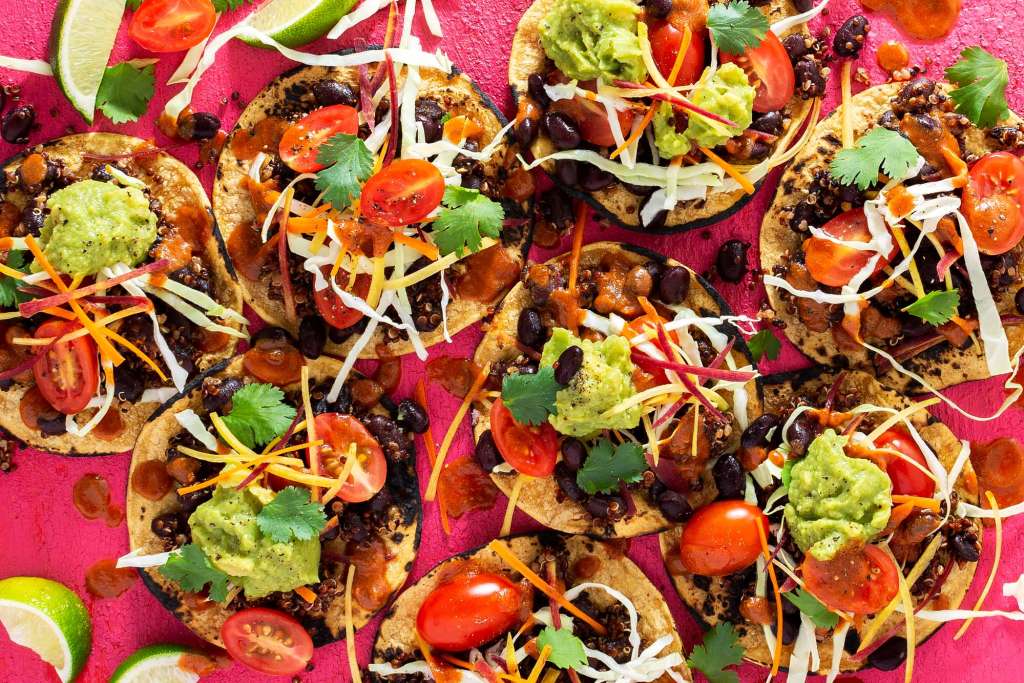Nine Things You Must Do to Eat Healthy When You’re Pregnant
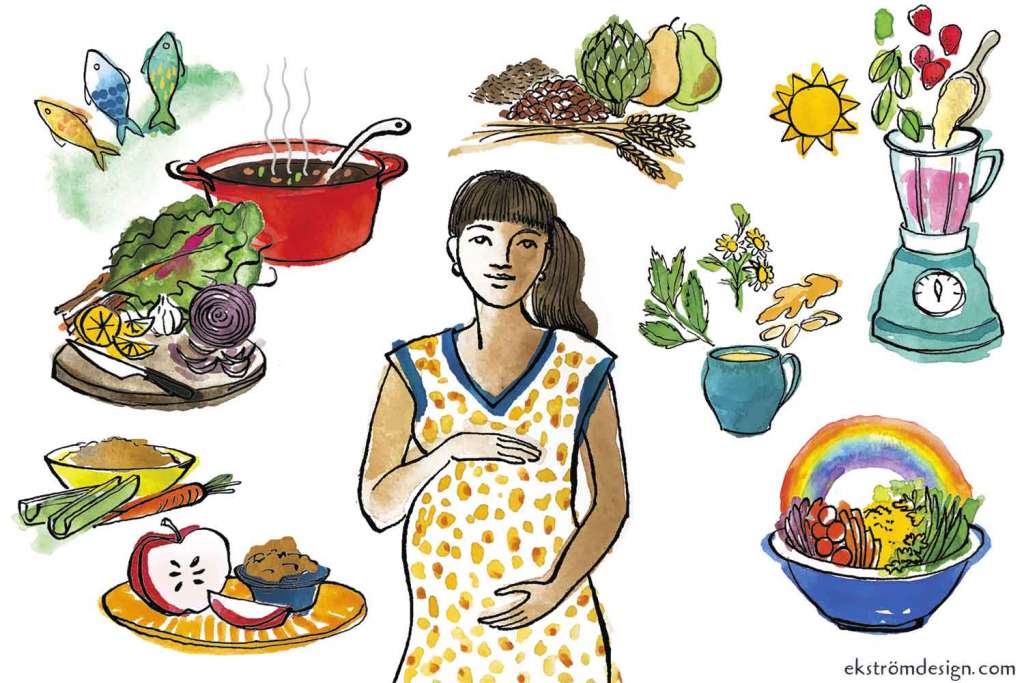
There’s more to healthy eating while you’re pregnant than just eating for two. Your own body is going through changes that require a fresh look at your diet. Here, Sun Basket’s team of dietitians offer some tips to help satisfy you, nourish your baby, and promote comfort and well-being during your pregnancy.
- Be a picky eater. Certain foods are at high risk for containing listeria, a bacterium that’s found in water and soil and can harm you and your baby. To decrease your risk, in addition to safe food handling, choose pasteurized cheese, heat deli meat to steaming (160 degrees), and avoid pâté and meat spreads.
- Choose healthy snacks. Eating small meals throughout the day can be helpful, especially if you suffer from morning sickness or feel you can only fit a tiny bit into your stomach. The key is to pick snacks that are packed with nutrients. Apples and nut butter, an egg on whole wheat toast, vegetables and hummus, and a smoothie made with fruit, spinach, and Greek yogurt are all good choices.
- Cook at home. You can choose better-quality ingredients and use less salt and butter, resulting in more nutritious meals. Making extra to have on hand for another meal later in the week, or for when the baby suddenly decides they’re hungry, can give you a little more “me” time.
- Cut the caffeine. You don’t have to go cold turkey on coffee, but try to limit your caffeine intake to no more than 200 mg per day, which is roughly one 8-ounce cup of coffee. Keep in mind that caffeine levels vary depending on the bean and brewing method. If you find yourself needing a pick-me-up, and other decaf herbal teas can be a good alternative. Ginger, chamomile, and peppermint teas can also help with nausea.
- Don’t double down. Eating for two doesn’t mean doubling your calorie intake. Overeating can put you at risk for gestational diabetes and high blood pressure and will make it harder to lose the baby weight once you’re no longer pregnant. Most people don’t require any extra calories during the first trimester. During the second and third trimesters, approximately 350 to 400 additional calories should be plenty. If you are carrying twins or multiples, more calories are required. Make sure those calories come from nutrient-dense foods, like lean proteins, fruits, vegetables, legumes, and whole grains. Caving to cravings like ice cream, fried chicken, and macaroni and cheese is fine once in a while. Just keep portions to a minimum.
- Eat the rainbow. Your body needs a variety of nutrients during your pregnancy. Because different colored fruits and vegetables offer different nutrients, I recommend eating the colors of the rainbow. Add plenty of spices and flavors to your meals, too. Research suggests that exposing your baby to a variety of flavors in the womb may actually result in an adventurous eater.
- Fill up on fiber. Constipation is a common problem for pregnant people. It’s thought to be due to hormones that relax the intestinal muscle, combined with the pressure of the expanding uterus. Fiber helps keeps things in motion. The American Pregnancy Association recommends consuming 25 to 30 grams of fiber daily, along with plenty of water. Fruits, vegetables, whole grains, and beans are all great resources of nutrient-dense fiber.
- Go fish. There’s a lot of confusion in regards to eating seafood while you’re pregnant. The good news for pregnant people is that most seafood is not only safe to eat, but also provides critical nutrients for brain development and a healthy nervous system. In fact, research has found children whose mothers avoided fish during pregnancy had nearly double the risk of a low IQ by age eight. The FDA recommends that pregnant people consume two to three servings of a variety of seafood weekly. Raw fish, as well as those high in mercury—shark, tilefish, king mackerel, swordfish—should be avoided because of potential health risks. Enjoy raw oysters after your baby is born.
- Rise and dine. You already know that breakfast is the most important meal of the day, but that’s even truer when you’re pregnant. Babies grow around the clock so skipping breakfast may mean your baby loses out on essential nutrients. Many pregnant people dealing with nausea find they feel the best in the morning. Take advantage of this and fuel up with nutrient-dense smoothies (add a little ginger if nausea has been an issue), eggs, vegetables, or some calcium-rich yogurt with fruit and nuts.
Artwork by Ekström Design
